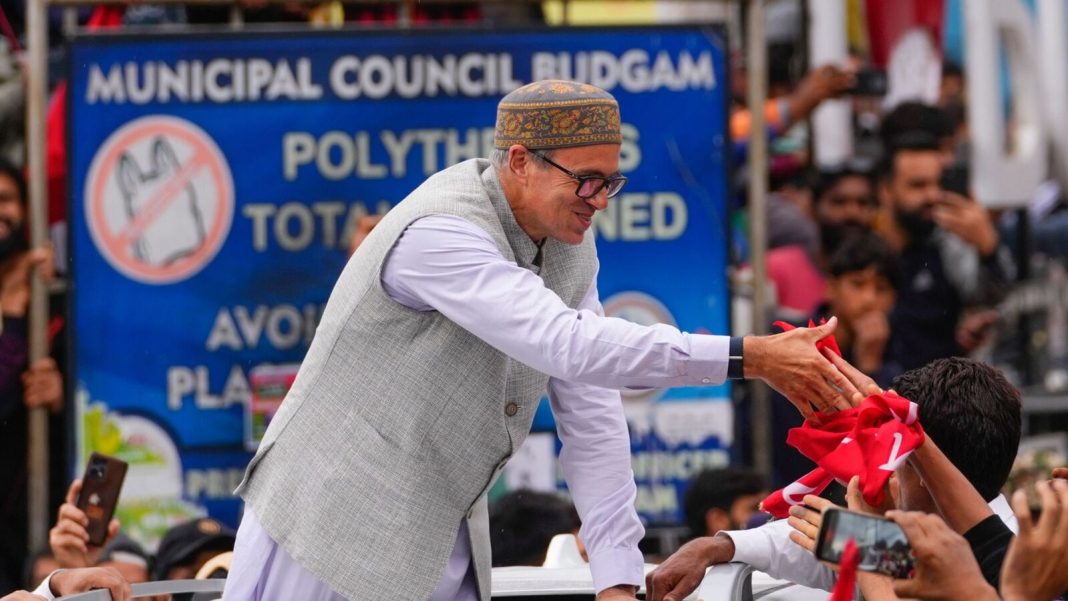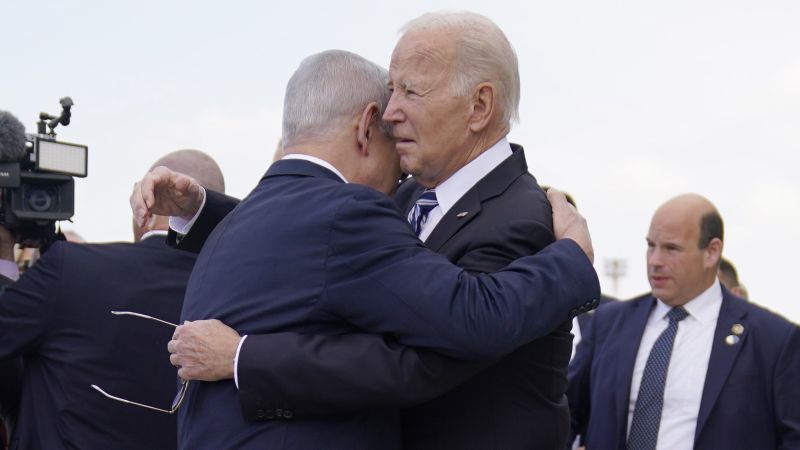Jammu & Kashmir Assembly Elections 2024: Omar Abdullah Set to Lead Amidst Historic Results
In a significant political shift for Jammu and Kashmir, Omar Abdullah of the National Conference (NC) is poised to become the next Chief Minister following the results of the 2024 Assembly elections. The NC, in alliance with the Congress, has secured a majority, marking a pivotal moment in the region’s political landscape after a decade-long hiatus from assembly elections. Abdullah, who has been vocal about the challenges ahead, stated there is “no chance” of reinstating Article 370, emphasizing the need for a government that represents all constituents, including those who voted for the Bharatiya Janata Party (BJP).
The elections, which were the first since the abrogation of Article 370 in August 2019, saw a voter turnout of 63.45% across three phases held in September and October. This high participation reflects a renewed faith in the democratic process among the people of Jammu and Kashmir. The NC emerged victorious with 30 seats, while the BJP secured 29, and the People’s Democratic Party (PDP) managed just three seats.
In an interview with deKoder, Abdullah acknowledged the “balance of representation” as a significant challenge for the new government. “This government will be as much a government for those who voted for BJP as much as for those who voted for NC and Congress,” he remarked, highlighting his commitment to inclusivity.
Historic Context and Voter Sentiment
These elections are particularly historic, being the first assembly polls in ten years and the first since the controversial abrogation of Article 370, which stripped Jammu and Kashmir of its special status. The political climate has been charged, with various parties vying for influence in a region that has seen significant upheaval. Abdullah’s comments on Article 370 reflect a pragmatic approach to governance, as he urges constituents to focus on the present rather than past grievances.
Prime Minister Narendra Modi praised the elections as “very special,” noting the high turnout as a testament to the people’s belief in democracy. The Chief Electoral Officer, P K Pole, commended all stakeholders for ensuring a smooth electoral process, further reinforcing the notion that democracy is being revived in the region.
Election Results Breakdown
The NC-Congress alliance’s victory has sparked celebrations among supporters in Srinagar, while the BJP, despite losing the majority, remains a formidable force, having garnered the highest vote share. Independent candidates also made a notable impact, winning more seats than the PDP, which has struggled to maintain its foothold in the region.
Omar Abdullah’s father, Farooq Abdullah, confirmed his son’s leadership role, stating, “Omar will be the Chief Minister of Jammu and Kashmir.” This announcement has been met with enthusiasm from party supporters, who view Abdullah as a stabilizing figure in a time of political uncertainty.
Looking Ahead: Challenges and Responsibilities
As Abdullah prepares to take office, he faces the daunting task of fostering a sense of belonging among the diverse communities in Jammu and Kashmir. His commitment to inclusivity will be tested as he navigates the complexities of a coalition government and addresses the concerns of all constituents.
In a light-hearted moment post-election, Abdullah shared a nostalgic message on social media, reposting a 2014 update that read, “Keep calm, cause I’ll be back.” This sentiment resonates with many voters who are hopeful for a government that prioritizes development and unity.
With the political landscape shifting, the next chapter for Jammu and Kashmir is set to unfold under Abdullah’s leadership, as he aims to bridge divides and work towards a more inclusive future for all residents of the region.



